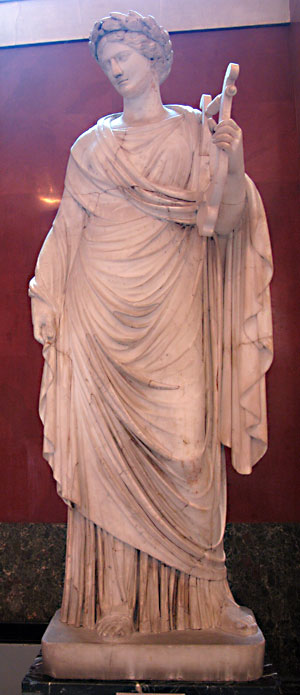Today’s word of the day, amort, means lifeless, spiritless, or depressed but you need to read Keats to get the full effect. Of John Keats’s use of amort, Harry Buxton Forman wrote, “The use of the old word amort is peculiarly happy: it is more expressive of deadened perception than any other single word, and is full of poetic associations.”
She danc’d along with vague, regardless eyes,
Anxious her lips, her breathing quick and short:
The hallow’d hour was near at hand: she sighs
Amid the timbrels, and the throng’d resort
Of whisperers in anger, or in sport;
’Mid looks of love, defiance, hate and scorn,
Hoodwink’d with faery fancy; all amort,
Save to St. Agnes and her lambs unshorn,
And all the bliss to be before to-morrow morn.
—Part XIII of “Eve of St. Agnes” by John Keats

